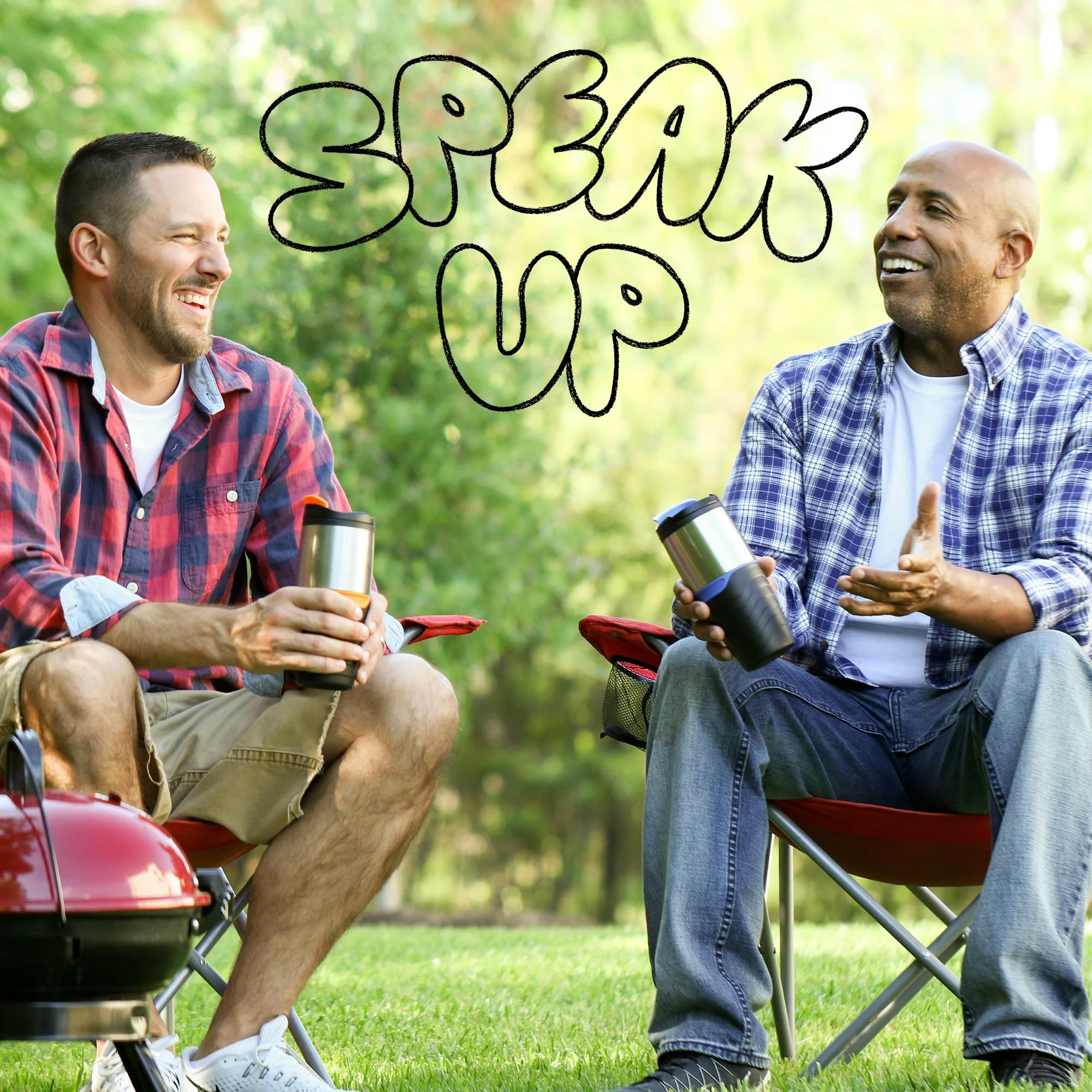How Parents Can Manage Stress and Burnout
Today we’re discussing burnout in parents and caregivers of young children – what it is, and how you can manage it.
As a parent myself, I know how exhausting it can be taking care of children. You’re constantly thinking about their needs, whether it’s school, therapy, medical issues, or just their general growth and development. You may feel like you’re always “on call,” morning and night. It’s a lot to manage, and it can be stressful. As a result, some parents and caregivers may experience feelings of burnout.
Burnout can make us shut down and feel exhausted, sad, overwhelmed, or disconnected. There are actually three categories of burnout. Let’s take a brief look at each one.
The first type is exhaustion. This might include actual sleep issues, or constantly feeling tired, like you’re not getting enough sleep. You might feel like you’re simply trying to survive day to day.
The next type is feeling emotionally distant or detached. This includes feeling distant from your children or not finding joy in activities you once loved to do.
The last is feelings of ineffectiveness or inadequacy. You might feel like you’re not parenting as well as you’d like to.
Other signs of burnout can include:
Feeling irritable or hopeless
Feeling lonely or isolating yourself
Or experiencing headaches, neck pain, or muscle aches
It’s important to note that caregiver burnout shouldn’t be confused with depression. Burnout is temporary, and a person can begin to feel better when they step away from the stressful situation and do something to relax…like having some alone time!
Some caregivers may be more at risk for burnout than others. Having a mental health issue can increase your risk. And if you have trouble managing your emotions or frustrations, you may be at higher risk as well. It’s important to identify burnout in families as quickly as possible. It matters for the caregiver’s own health and happiness, and it also matters for their children. Children who have disconnected caregivers may be at greater risk for attachment issues and emotional problems as they get older.
So you may be thinking, “I feel the burnout…now what do I do?” Here are some tips.
First, ask for help from a partner, family member, or friend. Asking for help does not make someone a lesser parent. Whether you have one child or three, work outside the home or not–it’s OK to need some help.
Also, try to prioritize your own needs. While you should absolutely ensure your kids have everything they need, focusing on yourself leads to a happier and healthier caregiver. This could mean getting a babysitter and leaving the house to spend some time with friends.
Be sure to prioritize your physical health, too. Try to get enough sleep when you can, exercise, and eat well so you can feel better physically, which in turn can help you feel better mentally. This can be something as small as eating a healthy breakfast or going to bed 15 or 30 minutes earlier.
It also helps to talk to someone who’s supportive, whether it’s a friend, partner, another parent, or even a licensed therapist. Talking through what you’re experiencing is incredibly important.
If you’re feeling burned out, don’t be ashamed. Caring for children is hard. When you feel overwhelmed, remember the importance of keeping a positive, healthy relationship with your child. Don’t be afraid to reach out for support from people who are in your corner. We aren’t meant to parent alone – we’re meant to help each other. By taking these steps to feel better, you’ll be on your way to lighter days.





